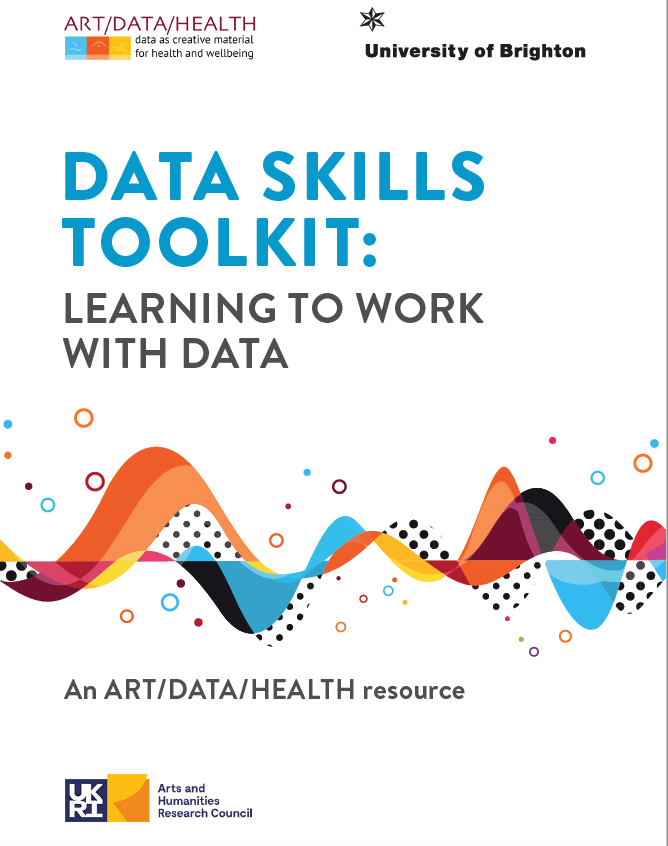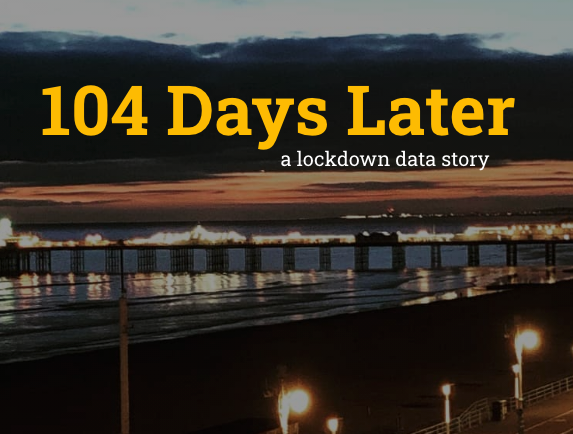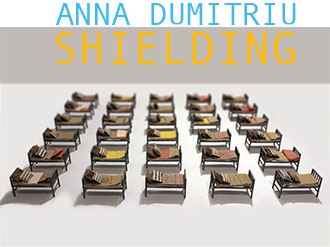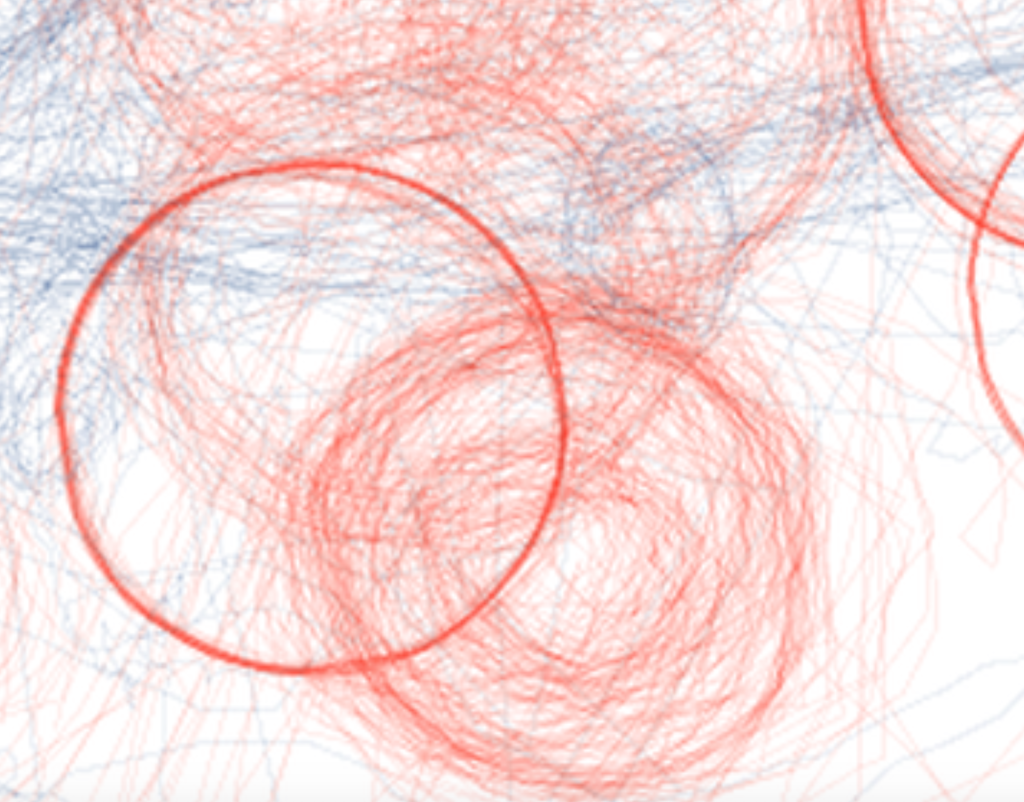ABOUT
ART/DATA/HEALTH: data as Creative material for health and wellbeing is an Inter-disciplinary Interface Innovation Fellowship project (2019-2021) led by Dr Aristea Fotopoulou at the University of Brighton, UK, funded by the Arts and Humanities Research Council.
HOW?
ART/DATA/HEALTH: data as creative material for health and wellbeing builds a bridge between data, creativity and experiential stories. In workshops, online and offline meetings, a community of artists, service workers, academics and people living in Brighton and Hove used a combination of creative media, storytelling and data analytics to explore evidence around health and wellbeing.
The project co-produces data-based art of various forms, using both statistical data and experiential stories about illness and wellbeing. In the process, participants gain essential skills in understanding and working with data.
There are three main reasons for bringing cultural participation, data science and digital inclusion together for health and wellbeing:
First, there is strong evidence showing that participation in the creative arts can help promote well-being and health in communities, and can be particularly beneficial for disadvantaged groups (in terms of age, disability, income and unemployment). As technologies change, there are new questions that art and humanities research can help us address in relation to health and wellbeing. Arts-based inquiry that involves health data analysis can be an innovative intervention for public health projects.
Second, critical health literacy is considered key to empowerment, as it not only improves people’s capacity to use health information, but also helps them gain greater control over life events. But as health promotion and communication moves to a digitised era, health literacy today includes the capacity to efficiently use digital health technologies and being able to critically analyse information presented online. In Britain, 12.6 million people lack digital skills and they are most likely to suffer from poor health, while in most cases they also belong in disadvantaged social groups.
Third, today scientific data and statistics of all sorts are being used in infographics, data journalism, design and art in order to create meaning from the deluge of big data. Data is considered the material of our times. Data-based art can help raise awareness about the ethical, social and cultural issues of personalised medicine, but is however still missing from public health, community-based initiatives.
WHY?
WHAT?
The ART/DATA/HEALTH project commissions innovative artwork that translates obscure statistical data into stories, providing a unique new experience for audiences.
It seeks to explore the new opportunities that are offered in data analysis and visualisation for developing participatory communication strategies for health and wellbeing in the era of big data and personalised digital health.
ART/DATA/HEALTH also aims to examine how art and creativity can enable health literacy and digital skills amongst socioeconomically disadvantaged population to reduce health inequalities.
The project has co-produced data-based art of various forms, using both statistical data and experiential stories about illness and wellbeing. In the process, participants gained essential skills in understanding and working with data.






